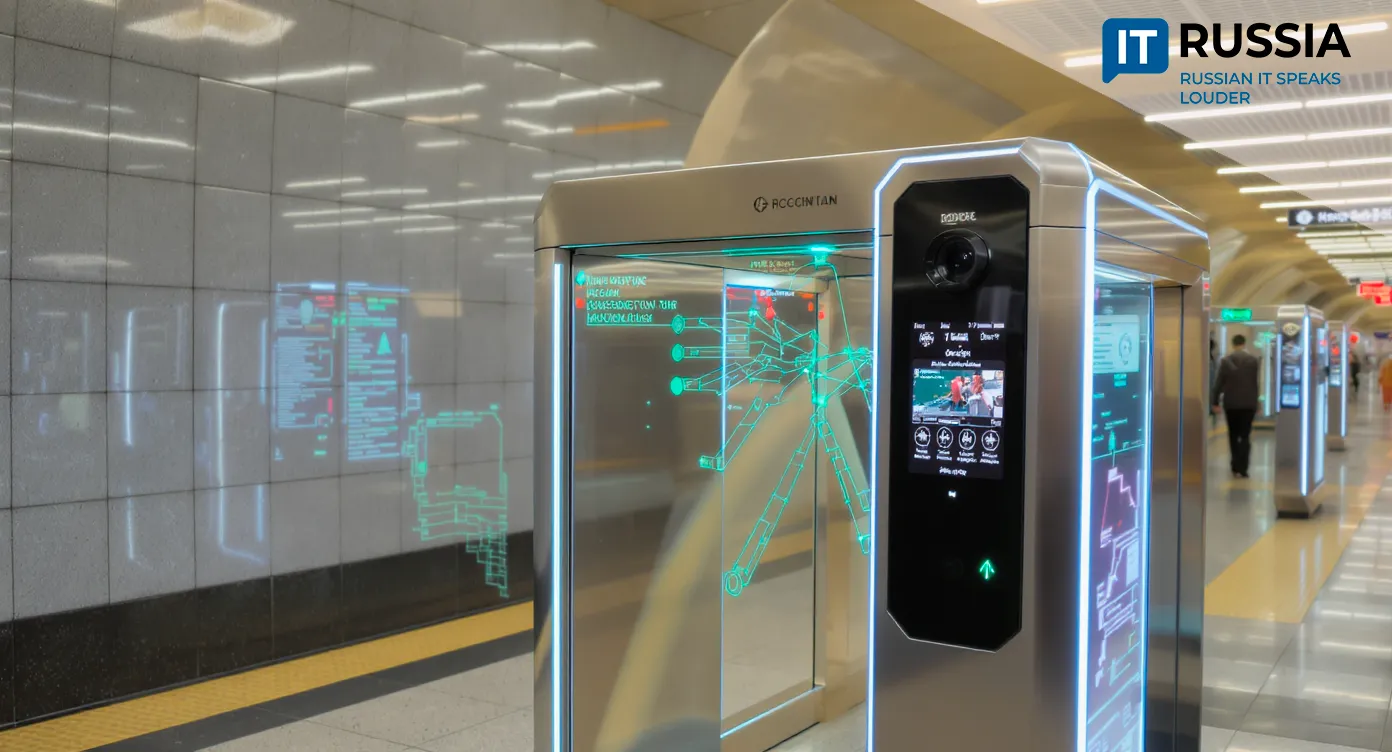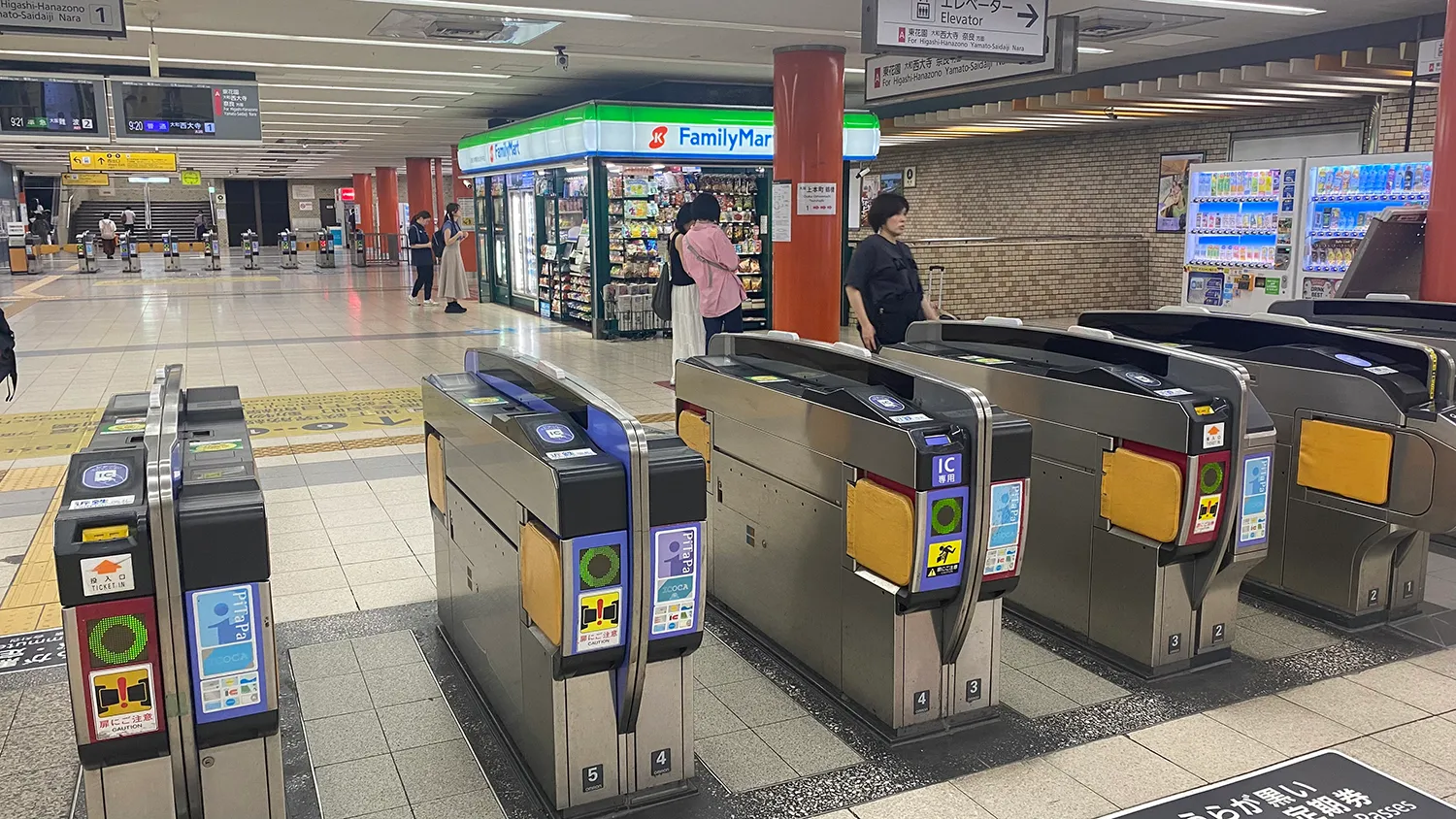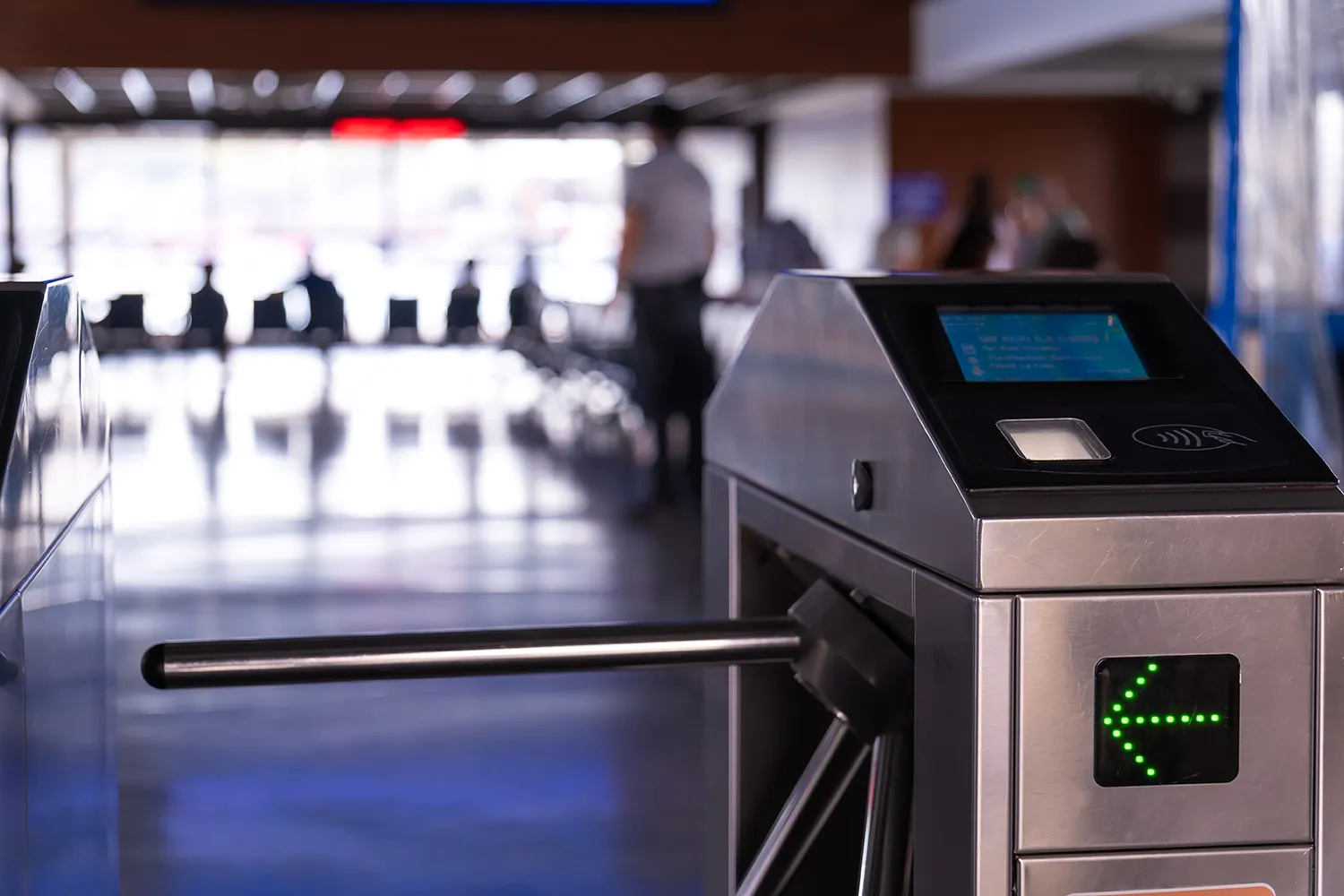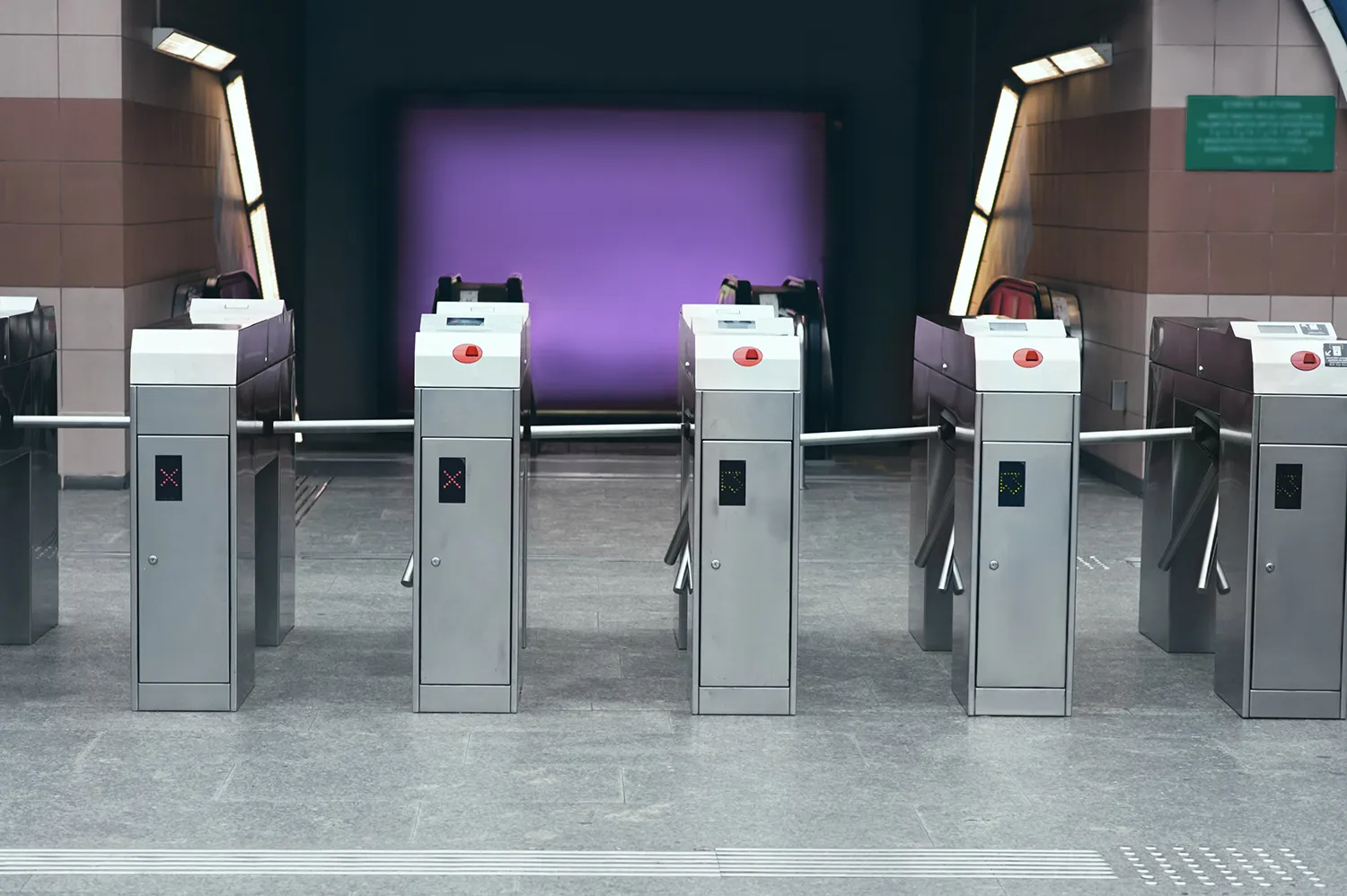Moscow Farewell to Imports: Turnstiles Go Fully Domestic

Moscow’s transportation system is embarking on a path toward full technological independence.
Technological Sovereignty in Practice
The capital has launched a large-scale replacement of turnstiles with Russian-made equipment featuring microelectronics from Zelenograd. With the first batch in 2025 and an investment of 500 million rubles, the project aims to install more than 4,500 gates and increase metro throughput by 40%, making Moscow’s transport system a showcase of domestic high technology.
Signing an offset contract for the supply of turnstile equipment has become a landmark event for Russia’s IT industry. The key feature of the new turnstiles is the use of Russian microelectronics produced in Zelenograd, ensuring not only technological independence but also faster throughput. The new equipment will support biometric payment, in line with global urban transport digitalization trends, making Moscow a pioneer in this area on the world stage.
The developer and supplier is Infomatika, a company specializing in high-tech access control and ticketing systems since 1996. The turnstiles are an in-house development, showcasing the maturity of Russia’s engineering expertise in this field.

The investment side of the project is impressive: the investor will create a production facility of about 5,000 square meters and invest at least 500 million rubles. The facility will include areas for manufacturing electronic components and control automation, metalworking, and plastic parts production, enabling a full production cycle within Russia.
Ambitions and Potential
Creating a full-cycle turnstile manufacturing facility in Moscow opens opportunities not only for the domestic market but also for exporting Russian technologies. Particularly promising are markets in the CIS and friendly nations where Russian turnstiles are already in use. In addition, Russian products are already exported to dozens of CIS and European countries. Having domestic production with local microelectronics could be a significant competitive advantage, especially for countries seeking technological independence from Western suppliers.
Domestically, the potential is vast. Successful implementation of the Moscow project could catalyze similar initiatives in other Russian cities. Biometric technologies are already being introduced in regional transport systems: in the Novosibirsk metro, Infomatika-manufactured biometric turnstiles are in operation.
The development of biometric technology in transport is receiving systemic government support. By the end of 2025, all Moscow metro turnstiles are planned to be connected to the biometric payment service, and in 2026, this technology will be implemented at all stations of the Moscow Central Diameters (MCD).

The Road to Success
Biometric payment has become the most cost-effective fare payment method, driving its further adoption and creating demand for compatible equipment.
The technological base for turnstile production is provided by the Technopolis Moscow Special Economic Zone (SEZ), which has become a hub for high-tech manufacturing. In the first half of 2024, SEZ residents sold products worth nearly 73 billion rubles, 7.5 times more than in 2020. Microelectronics manufacturers lead SEZ investments, contributing 57.7 billion rubles and creating over 6,700 jobs.
Development Prospects
The project’s implementation opens a new chapter in Russia’s transport industry. Short-term goals include fulfilling contractual obligations: turnstile purchases will be made over seven years, ensuring steady production load and opportunities for technological upgrades.
Medium-term plans involve expanding biometric payment to all modes of urban transport. Plans have already been announced to introduce biometric payment in Moscow’s surface transport in 2025.

Long-term prospects include integrating turnstiles with smart city systems and developing export potential. Technological development will focus on integration with Russia’s unified biometric system and expanding turnstile functionality.
The Moscow turnstile manufacturing project symbolizes the transition of Russia’s economy from import dependency to technological leadership. The combination of state support through offset contracts, a strong manufacturing base in Technopolis Moscow SEZ, and growing demand for biometric solutions creates ideal conditions for a competitive industry.
The success of the Moscow project could catalyze similar initiatives in other Russian regions and lay the groundwork for exporting high-tech solutions to global markets.










































